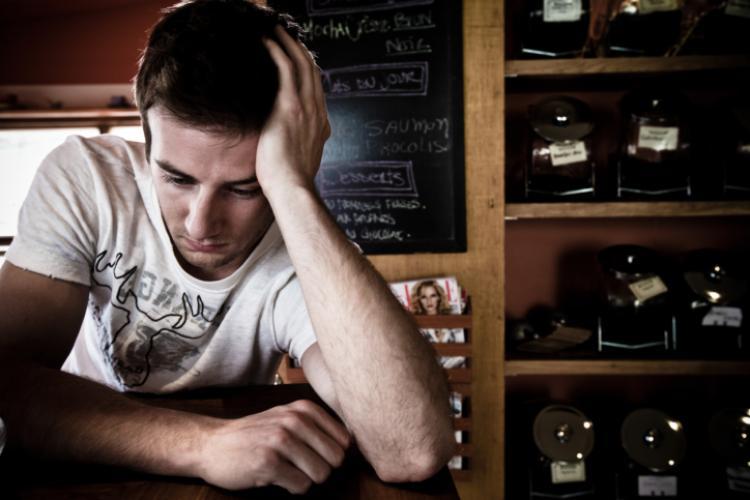The mental health of Australians has become worse since the CCP virus pandemic swept across the nation according to one of the country’s leading mental health experts.
Patrick McGorry, a professor of youth mental health at the University of Melbourne has said that population surveys show a very substantial rise in distress.




